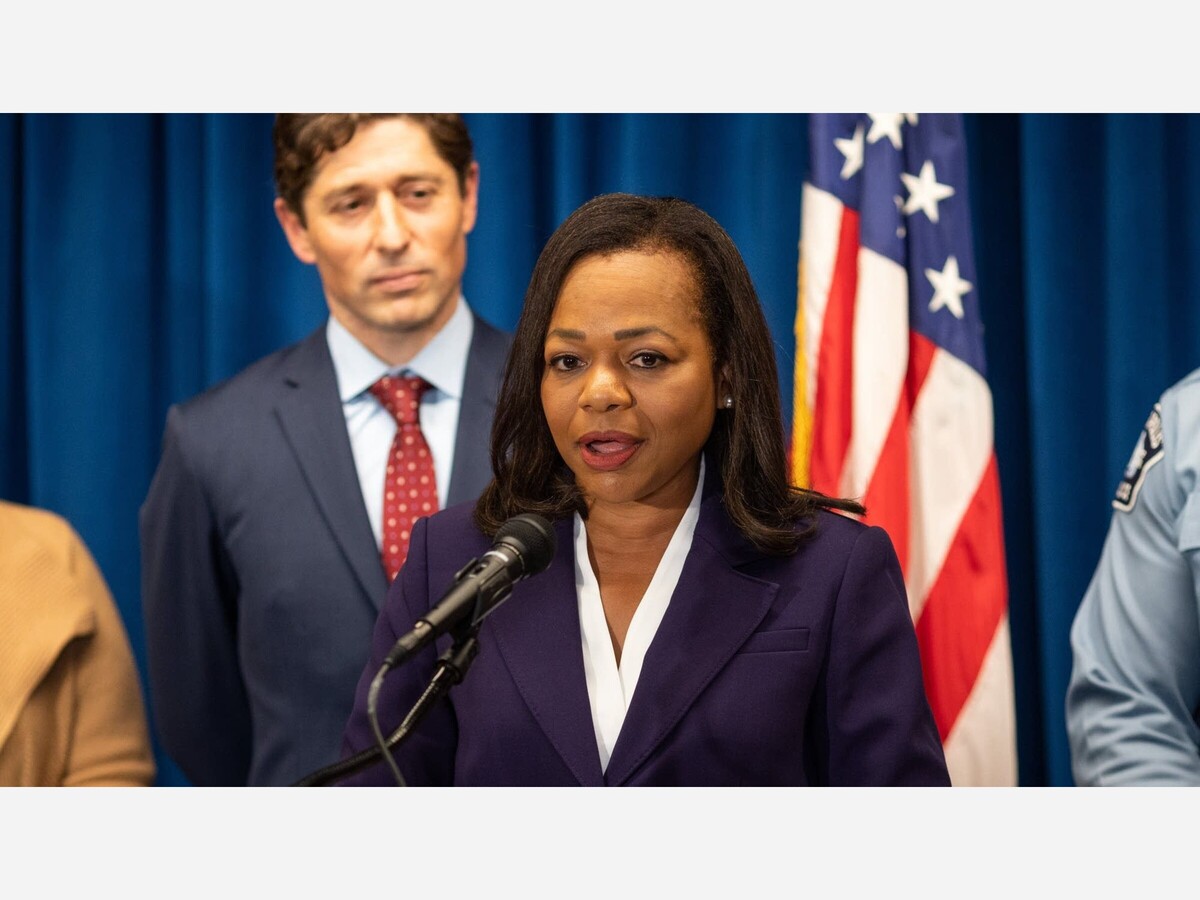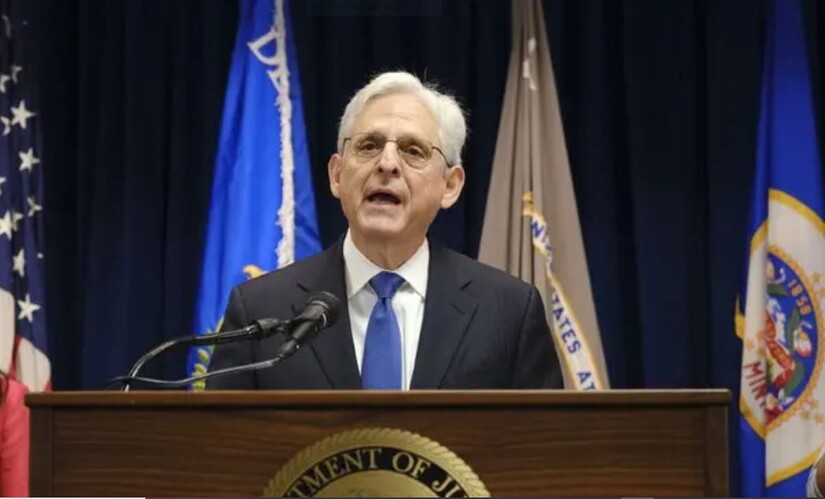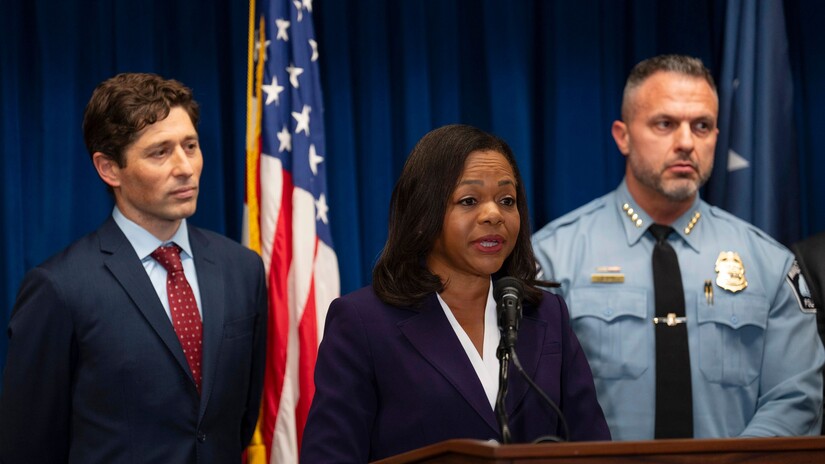Image

The Police Officers Federation of Minneapolis (POFM) has filed a motion to intervene in the federal consent decree that outlines sweeping reforms to the city’s police department.
The Minneapolis police union is seeking a voice in the latest plan for court-ordered reforms of the police department. The union on Friday filed a motion to intervene in the proposed federal consent decree.
Last week the city and U.S. Justice Department announced details of a federal consent decree, in which a judge would enforce major changes at MPD. The agreement is similar to a state-level settlement between MPD and the Minnesota Department of Human Rights that followed the 2020 murder of George Floyd.
Police Federation attorney Jim Michels said in a phone interview with MPR News on Friday that members are concerned about possible conflicts with their labor contract.
As one example, Michels pointed to language in the consent decree that details shift scheduling for supervisors.

“It calls for the department to schedule sergeants and lieutenants in certain ways,” Michels said. “And we have scheduling language in the labor agreement that talks about how sergeants and lieutenants are scheduled.”
Michels said that the union does not oppose the consent decree, but wants to have a say in its implementation.
“That’s the tack we’d like to take initially, is try to work together to collaborate to make sure everybody’s interests are taken care of. Because right now, unless the federation is allowed to have a seat at the table, the only interests being advanced are the interests of the city and the federal government,” Michels said.
Michels noted that federal judges overseeing consent decrees elsewhere, including in Albuquerque, have allowed police unions to intervene in the reform process.
The group Communities United Against Police Brutality, which has long advocated for court oversight of MPD, filed an amicus brief to participate in the case soon after the agreement was announced.

The consent decree will not be legally binding unless it receives the approval of U.S. District Judge Paul Magnuson.
Police reform advocates fear that the Justice Department under incoming President Donald Trump could scuttle the agreement unless it takes effect before his inauguration.
During his first term, Trump opposed consent decrees and called them a “war on police.”
SOURCE: MPR news